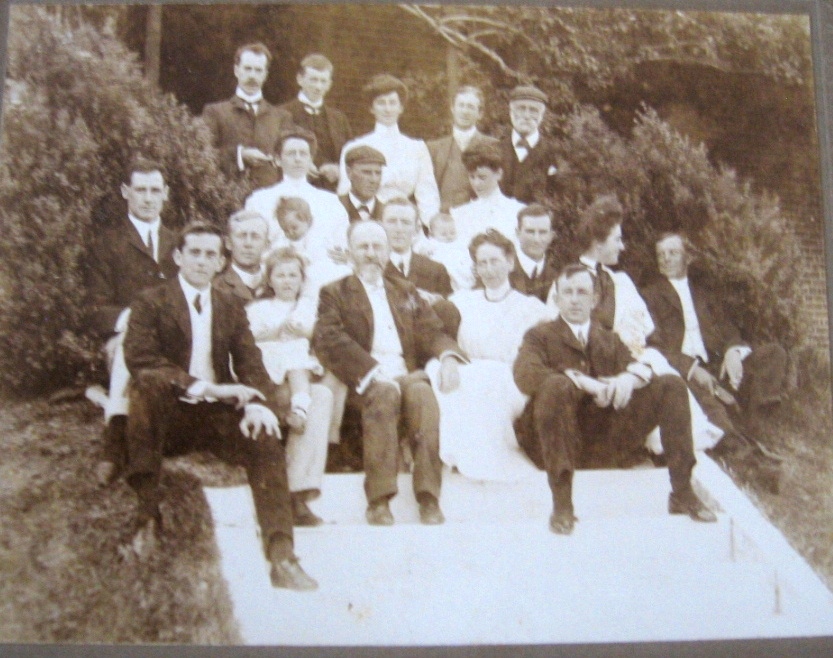Why are so many of us devoting so much time and energy into researching our family history?
When I recently Googled ‘What is the purpose of family history?’ the most common responses that popped up were along the lines of ‘It helps me to understand myself’ or ‘I want the younger generation to understand their heritage’.
There are myriad reasons behind the family history addiction, as I call it, but I have to say those two above don’t quite fit mine. While we are all naturally curious about where we came from and who we think we are and why, my motivation stemmed from an emerging fascination with the context of my ancestors’ lives. The reason I decided to write about my four times great grandmother (The Worst Country in the World) was because she was one of the earliest free settlers to migrate to the colony of New South Wales, in 1801. It was the story behind her migration, and behind the colonisation of that far-flung country in the first place, that grabbed me.
Family history, broadly speaking, is about ordinary people.
Traditional historians tend to focus on the famous, the ones in the foreground of the picture so to speak. Family historians are more likely to be looking at the people in the background, whom nobody outside the immediate family has heard of. That doesn’t make them unimportant, or boring. It’s the ordinary people who keep the wheels of everyday life turning. Your ancestors needn’t have done anything remarkable to make them worth writing about.

In the blurbs of the two books I’ve written about my family I rather grandly claim I’m ‘looking at Australian colonial history through the lives of my [fill in appropriate ancestor/ancestress]’. I am unwittingly taking on the role of historian, and perhaps wittingly trying to avoid the term family history because who is going to read a book about my family except, well, my family? It wasn’t just because I wanted to sell more books that I broadened my sight lines; it was because I believe history told through the eyes of ordinary people is every bit as valid, and revealing, as history told about the heroes and the VIPs.
But what about the gaps?
The further back you go in time the less likely you will have access to images of your antecedents, or clues to their characters. Their legacy depends almost entirely on what they did, or more to the point, what they did that was recorded. (Which tends to balance things in favour of the men, needless to say.) Famous people may well be written about during their lifetime – you can probably get an idea of the kind of people they were by other people’s descriptions of them. With ordinary people this is less likely. So what do you do?
You can make it up. It’s generally easy to know when, where and how our ancestors did what they did; but what about the why? Unless they wrote letters or diaries (in which case lucky you), it’s down to guesswork. That’s guesswork informed, of course, by weeks and months and maybe years of exhaustive research, not just into your relative but into the world that relative inhabited.
For example I know when and how my ancestress migrated, but I don’t really know why, so I have assumed. I know who her offspring married but I don’t know how they met, so I’ve made it up. I’ve even invented characters in my latest book (A Country to Be Reckoned With) to represent the sort of people my convict ancestors may have worked for. Of course I go to some pains to explain what’s fact and what’s imagination, it isn’t hard to do. The purpose of the fiction is to throw a clearer light on the fact, to bring it alive; all with the ultimate purpose of creating a book that will appeal to a wider audience beyond my immediate family.
Over to you:
Why are you researching your family history and what does it do for you?
This blog post appeared first on the family-tree.co.uk blog in October 2018: https://www.family-tree.co.uk/how-to-guides/expert-blogs/what-is-the-purpose-of-family-history
©Patsy Trench
